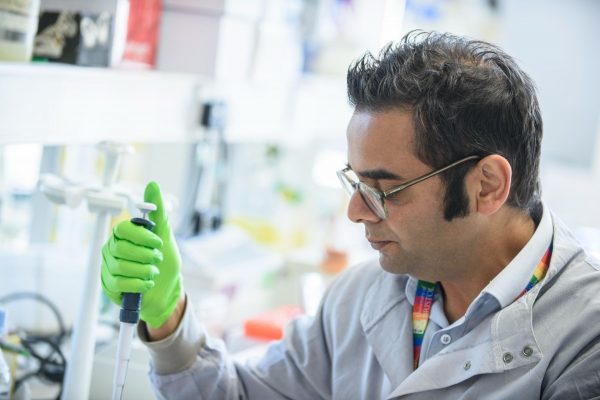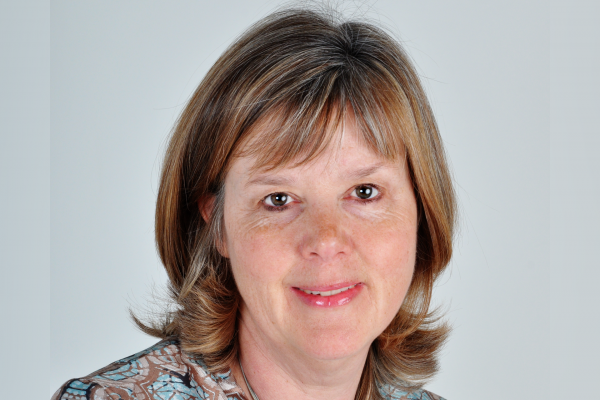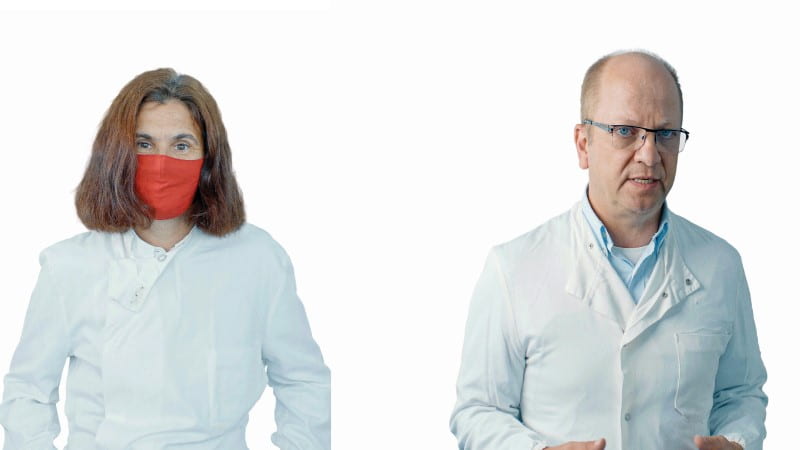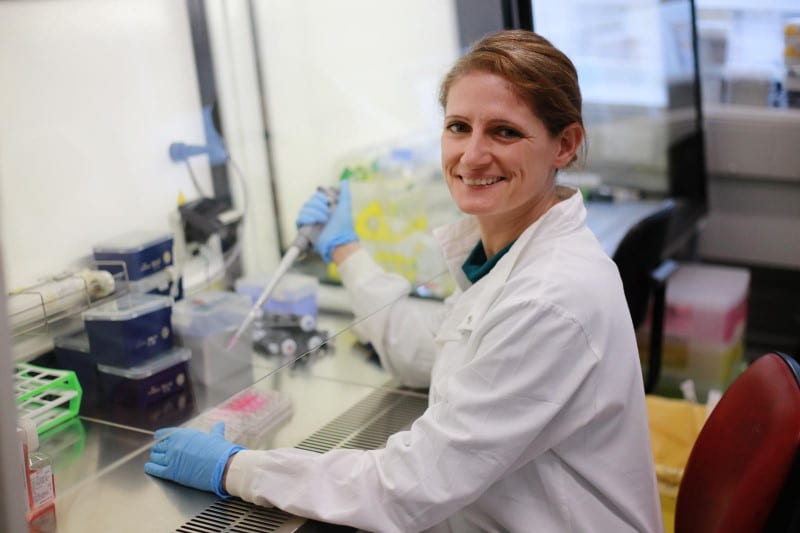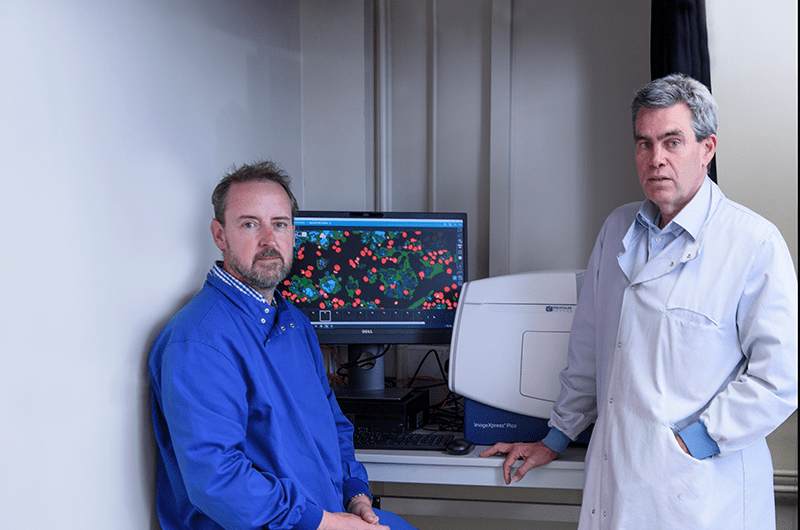 As we reach the end of another strange month in 2020, with the UK still in lockdown, it is wonderful to report that alumni and friends’ support for our appeal for COVID-19 research continues to be an enormous success.
As we reach the end of another strange month in 2020, with the UK still in lockdown, it is wonderful to report that alumni and friends’ support for our appeal for COVID-19 research continues to be an enormous success.
If you are perhaps feeling overwhelmed by the scale of the COVID-19 pandemic, please take some comfort in the fact that Bristol’s team of COVID-19 scientists, researchers and academics – over 147 of them – are working hard to tackle this enormous global challenge. They are helped, in no small part, by the £200,000 donated so far to our COVID-19 Research Appeal, an astonishing outpouring of support and belief in Bristol.
Professor Jeremy Tavaré, Dean of the Faculty of Life Sciences, recorded a thank you message this week for the 600 donors who have given to Bristol’s COVID-19 research.
It’s important to remain hopeful that Bristol’s research, in collaboration with partners in the UK and around the world, could be key in getting us back to some kind of normality. Support from alumni is crucial, because like many universities in the UK and around the world, Bristol has had to freeze capital budgets as we wait to understand the full impact of the pandemic on higher education. The passionate interest that alumni and friends are showing for our research is certainly spurring on our COVID-19 team at Bristol.
Progress to date on ramping up our research
From the donations coming in to our appeal we have so far managed to achieve the following:
The installation of a new incubator into Drs David Matthews and Andrew Davidson’s secure laboratory, to enable their teams to scale up their research. David and Andrew’s work on SARS-CoV-2, the virus that causes COVID- 19, is focused on understanding the pathogenesis of the virus. Their work is taking place in Bristol in one of only two specialist university labs in the whole of the UK and is critical to the development of diagnostic tools, drugs and vaccines to tackle the COVID-19 pandemic.
Setting up additional secure (Category Level 3) laboratories at Bristol University’s Langford site to facilitate research into the airborne transmission of SARS-CoV2, led by Professor Jonathan Reid and colleagues from the Bristol Aerosol Research Centre.
The purchase of a state-of-the art microscope, which will enable the rapid imaging and screening of cells, providing critical data for researchers working on COVID-19 at Bristol and much further afield.
The purchase of an ELIspot Reader, a highly sensitive instrument for measuring immune responses to infection and vaccination. This instrument can extract large amounts of data from very small numbers of cell samples, so it is key for developing new vaccines and treatments for the virus at speed.
The acquisition of an RNA extraction instrument, which prepares cell samples for COVID-19 diagnostic testing. The University will now be ideally placed to test and validate new approaches to the diagnosis of the virus, while also being ready to contribute to the national capability for COVID-19 testing.
Critical funds for the Elizabeth Blackwell Institute, which is supporting researchers across the University who are applying their expertise to the pandemic.
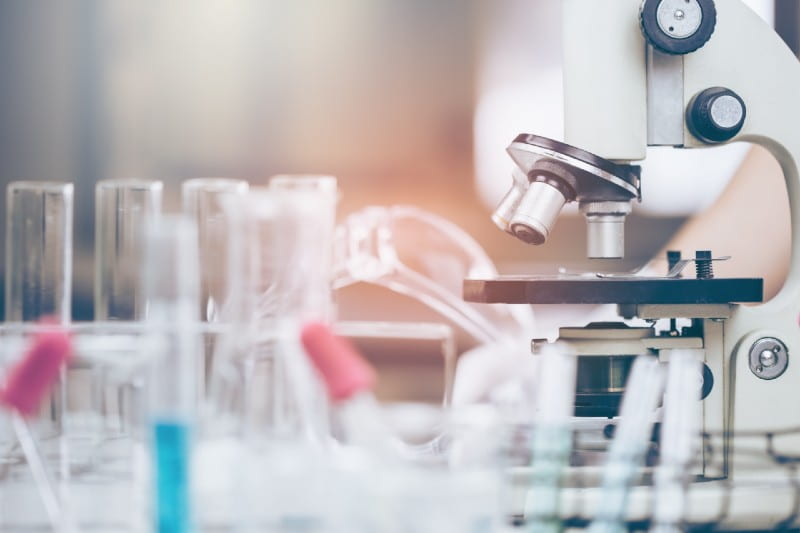
Bristol’s researchers in the fields of immunology, infectious diseases and public health continue to contribute to the world’s understanding and control of this shocking epidemic. It is truly an interdisciplinary project and there’s real momentum behind the work. Bristol is incredibly well-placed to take advantage of this and to use our expertise to help the world through this pandemic. You can read about everything we’re doing as it happens on our web page dedicated to the University’s COVID-19 research and on this blog.
Bristol is one of the few centres in the UK with such specialist expertise in the study of coronaviruses. This appeal is a great opportunity to make a difference in the race to unlock valuable new information about the COVID-19 virus, which we believe can result from Bristol’s expertise.
– Dr Jonathan de Pass (MBChB 1979) and Mrs Georgina de Pass, COVID-19 Research Appeal donors


